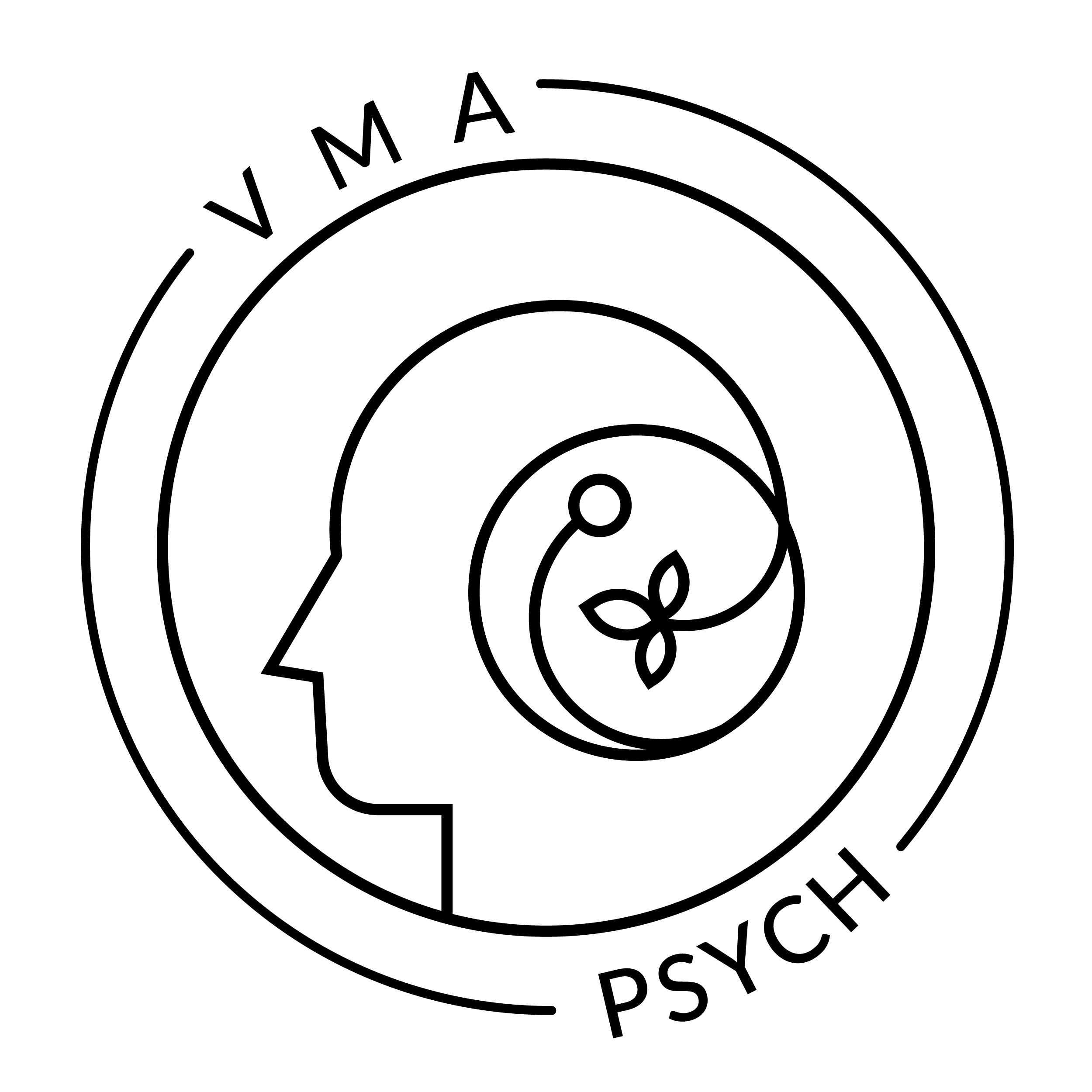Couples counselling can help your marriage by improving communication, resolving conflicts, rebuilding trust, and enhancing emotional intimacy. While it's not a guaranteed solution, working with a licensed counsellor can provide valuable tools and strategies to strengthen and improve your relationship, making it a proactive step rather than a last resort.
What is Couples Counselling?
Couples counselling, also known as marriage counselling or couples therapy, is a type of psychotherapy designed to help couples improve their relationship. It involves working with a licensed counsellor who specializes in relationship issues. The goal is to resolve conflicts, improve communication, and strengthen the emotional connection between partners.
Unlike individual counselling couples counselling addresses the interpersonal dynamics of the relationship. It aims to identify and change negative patterns of communication, and overcome difficult obstacles in the relationship as a team. Common reasons couples seek counselling include communication problems, infidelity, financial disagreements, parenting conflicts, and loss of intimacy.
How Couples Counselling Helps
Improving Communication
Effective communication is the cornerstone of a healthy relationship. Couples counselling helps partners develop better communication skills by teaching techniques for enhancing dialogue. Some of these techniques include:
Active Listening: Encourages partners to listen attentively and empathetically, ensuring they understand each other's perspectives without interruption.
Reflective Listening: Involves repeating back what the other person has said to confirm understanding and show empathy.
Using "I" Statements: Helps partners express their feelings and needs without blaming or criticizing the other person.
Improved communication fosters understanding and reduces misunderstandings, leading to a more harmonious relationship.
Resolving Conflicts
Conflicts are inevitable in any relationship, but how they are managed determines whether they become damaging fights or healthy, resolvable disagreements. Couples counselling helps partners identify and address the root causes of their conflicts, and helps find productive resolutions that move the relationship forward. Some strategies for managing disagreements constructively include:
Identifying Triggers: Recognizing what sparks conflicts and addressing these issues proactively.
Finding Common Ground: Focusing on areas of agreement and shared goals.
Negotiation and Compromise: Learning to give and take in ways that satisfy both partners' needs.
By addressing conflicts constructively, couples can prevent them from escalating and causing lasting damage to their relationship.
Rebuilding Trust
Trust is fundamental to a healthy relationship. When trust is broken, rebuilding it can be challenging but not impossible. Couples counselling provides steps and strategies for rebuilding trust, such as:
Open and Honest Communication: Encouraging transparency and honesty in all interactions.
Consistent Actions: Demonstrating reliability and consistency over time.
Forgiveness and Healing: Working through past hurts and offering forgiveness to move forward.
Rebuilding trust strengthens the foundation of the relationship and fosters a sense of security and stability.
Enhancing Emotional Intimacy
Emotional intimacy is the deep emotional connection between partners that goes beyond physical attraction. Couples counselling helps partners reconnect emotionally through:
Shared Activities: Engaging in activities that both partners enjoy to foster closeness.
Emotional Sharing: Encouraging partners to share their thoughts, feelings, and dreams with each other.
Physical Touch: Physical touch helps some people express love, and sexual intimacy can strengthen emotional connections and deepen the bond.
Strengthening emotional intimacy enhances the overall quality of the relationship and deepens the bond between partners.
Strategies Used in Couples Counseling
Cognitive Behavioural Therapy (CBT)
Cognitive Behavioural Therapy (CBT) is a widely used therapeutic approach in couples counselling. It focuses on identifying and changing negative thought patterns and behaviours. Techniques used in CBT for couples include:
Cognitive Restructuring: Challenging and reframing negative thoughts about the relationship.
Behavioural Activation: Encouraging positive actions that improve the relationship, such as spending quality time together.
Problem-Solving Skills: Teaching partners effective ways to address and resolve issues.
Emotionally Focused Therapy (EFT)
Emotionally Focused Therapy (EFT) focuses on emotional connections and attachment between partners. It aims to create secure and loving relationships by addressing emotional needs and vulnerabilities. Strategies used in EFT include:
Identifying Negative Interaction Patterns: Recognizing and changing destructive emotional cycles.
Creating Secure Bonds: Building a sense of safety and trust in the relationship.
Promoting Emotional Engagement: Encouraging partners to express their emotions openly and respond empathetically to each other.
The Gottman Method
The Gottman Method is based on extensive research into what makes relationships work. It provides practical tools and techniques for improving relationship dynamics and stability. Key principles include:
Building Love Maps: Understanding each other's inner world and experiences.
Nurturing Fondness and Admiration: Expressing appreciation and respect for each other.
Turning Towards Instead of Away: Responding positively to bids for attention and connection.
Imago Relationship Therapy
Imago Therapy focuses on understanding how childhood experiences influence adult relationships. It helps partners improve empathy and communication through exercises such as:
The Imago Dialogue: A structured communication technique that involves mirroring, validating, and empathizing with each other's experiences.
Exploring Childhood Influences: Understanding how past experiences shape current behaviours and interactions.
Creating a Vision for the Relationship: Setting mutual goals and aspirations for the future.
Solution-Focused Brief Therapy (SFBT)
Solution-Focused Brief Therapy (SFBT), also called Solution-Focused Therapy (SFT) is a goal-oriented approach that focuses on finding solutions rather than dwelling on problems. Strategies include:
Setting Clear Goals: Identifying specific, achievable objectives for the relationship.
Highlighting Strengths: Recognizing and building on the strengths and successes of the relationship.
Developing Action Plans: Creating concrete steps to achieve desired outcomes.
When to Seek Couples Counselling
It's important to seek professional help from a trained professional if you notice signs that your relationship may benefit couples/marriage counselling . These signs include, but are not limited to:
Frequent and Unresolved Conflicts: Ongoing arguments that never seem to get resolved.
Communication Breakdowns: Difficulty talking openly and honestly with each other.
Loss of Intimacy: Decreased emotional or physical closeness.
Trust Issues: Difficulty trusting each other due to past hurts or betrayals.
Consideration of Separation or Divorce: Thinking about ending the relationship.
Seeking help sooner rather than later can prevent issues from escalating and becoming more difficult to resolve. Consider counselling as a proactive step to strengthen and improve your relationship, not just a last resort. Disclaimer: Emotional abuse is never acceptable; if you or a loved one is experiencing it, consider seeking professional help. For physical abuse, contact legal authorities immediately to ensure your safety before beginning individual counselling.
If you and your partner are experiencing relationship difficulties, consider reaching out to VMA Psych for couples counselling. Starting sooner can make a significant difference in helping your relationship thrive and last. Let us help and support you to a healthy and long lasting relationship.
Welcome to VMA Psych.
Your trusted provider of exceptional mental health services in the GTA & beyond. Learn More
With 40+ years as Toronto's leading psychologists, we guide individuals through life's complexities, offering specialized services for a brighter future.





















